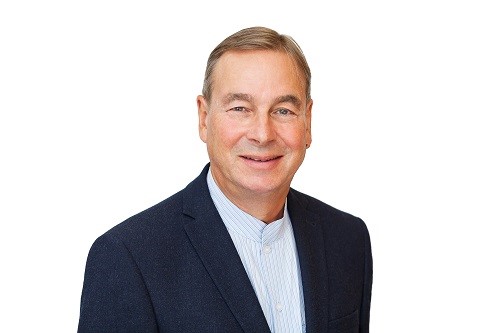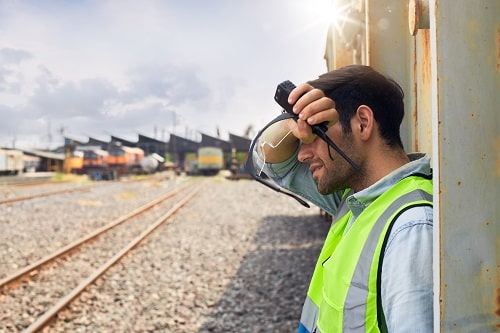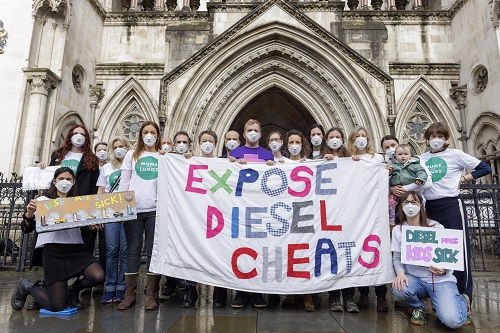When sitting down to write on a current topic in workplace health and safety, it is impossible to block out the deafening roar from the COVID-19 pandemic.
Opinion
Be proud of our own contribution
There is a huge global business impact, for example as airlines ponder whether they can survive and plans gather pace to ground most aircraft for weeks at least, and stock exchanges around the world register falls in value that exceed the aftermath of the oil price hike in the 1970s, 9/11 or the banking crisis in 2008.
But, locally, the effects are stark, as organisations small and large come to terms with words such as ‘lockdown’, as working from home for those who can becomes normal rather than exceptional, supermarket shelves are emptied as soon as they are stocked, and individual companies face bankruptcy as their normal custom fades away.
 Lawrence Waterman
Lawrence Waterman
Nothing however, is as terrible as the impact on people, the loss of loved ones, the disruption to breaking point of normal lives.
Against this rapidly developing background, whatever I write will be out of date by the time it is being read. But already there are some themes emerging relevant to our work to help people live safe and secure lives by making workplaces healthier and safer to work in.
Firstly, we are emerging from the always ridiculous notion that we have had enough of experts. Of course, there are still people peddling myths and fake ideas, the modern equivalent of snake oil salesmen will use social media to try to convince the gullible, the ill-educated that their aromatherapy product will protect against an RNA virus.
But now when the politicians try to ignore the science, they face a barrage of criticism rather than non-thinking adulation. This has implications for the development of expertise in workplace safety, health and wellbeing and the way that our colleagues may value it in the future.
It is probable that evidence rather than prejudice will inform decision-making a little more when this crisis is passed.
The other change could be a recognition that although business success; in an organisation, in a country and globally, is essential to underpin the resources we need to create a better life, it isn’t in itself that better life.
Making money is an enabler, but what matters is what you want to achieve with it, and if that is the health and wellbeing of everyone then the way you make that money is also important – the way we work needs to also enhance health and wellbeing.
If this crisis that threatens the security of millions of people around the world results in such considerations, it is possible that in many areas from climate change – moving from denial to real action – to workplace standards we shall see a revival of the post-war consensus.
That was based on some common values – that cooperation is better than confrontation, that health and welfare are worth investing in, that not every human value can be evaluated through a balance sheet.
When we work for safe and healthy workplaces, we are making a contribution that is the equivalent of the scientists, the epidemiologists and others working to minimise the impact of COVID-19. We should wish them well while being proud of our own contribution.
Lawrence Waterman OBE is chair of the board of trustees of the British Safety Council
OPINION

Heat at work: a silent killer
By Halshka Graczyk and Lacye Groening, ILO on 07 April 2025
Workers across the world are increasingly being exposed to excessive heat with serious implications for their safety and health. It is therefore vital that governments, employers and workers’ organisations develop, share and implement practical and low-cost strategies and measures for effectively reducing the risk from heat stress at work.

Making good work the foundation
By Mike Robinson FCA, British Safety Council on 07 April 2025
In 2024, for the first time, the UK dropped out of the list of the top 20 happiest countries: according to the World Happiness Index. This year, the UK rests in 23rd place, slightly ahead of the US and behind the Nordic countries, Germany, the UAE and others.

The air we share: why tackling pollution protects us all
By Scott Paul, Mums for Lungs on 04 April 2025
Air pollution is often invisible; its impact is anything but. Whether you’re a parent worried about your child’s lungs, a construction worker breathing exhaust fumes, or a commuter passing through busy streets, polluted air is everyone’s problem.



